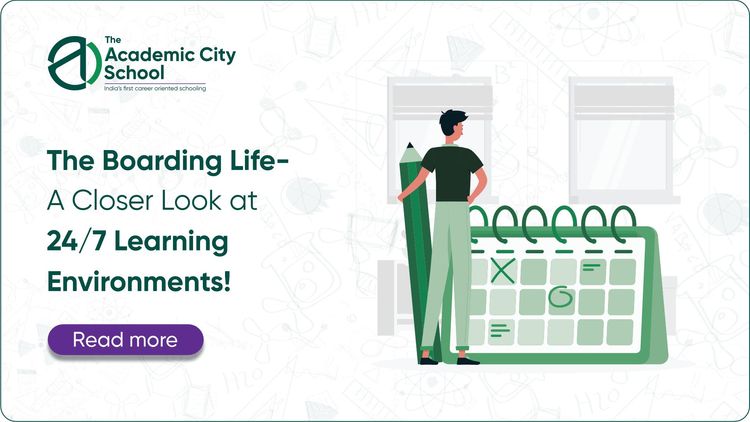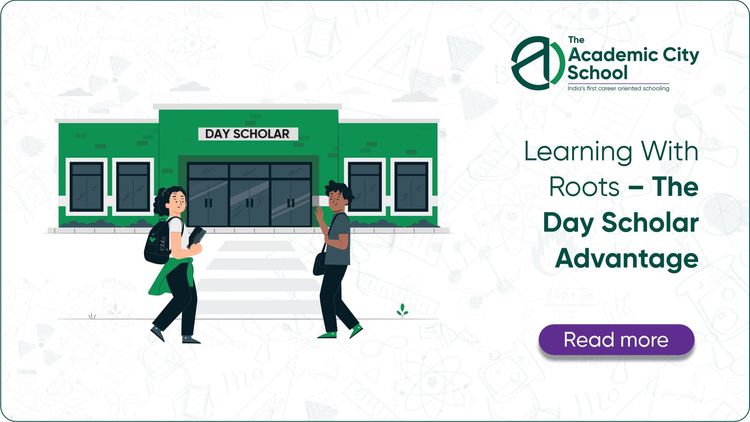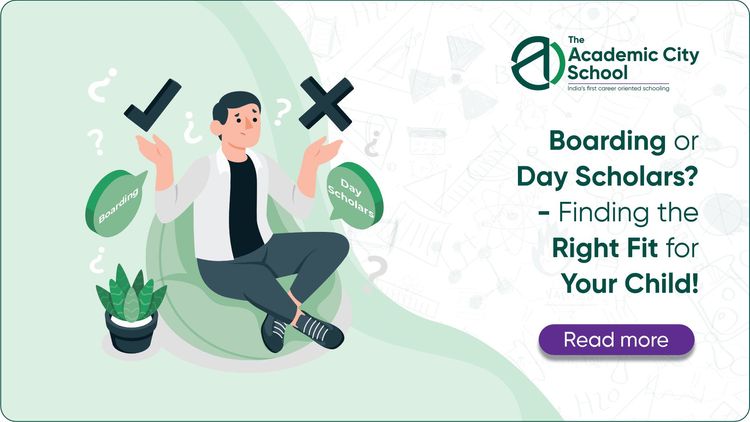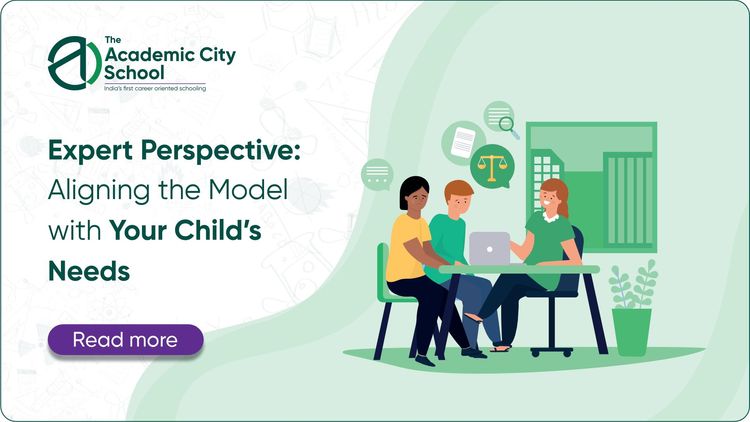Decoding the Dilemma – Boarding School or Day Scholars: An Expert Perspective

Boarding or Day Scholars? – Finding the Right Fit for Your Child!
Choosing the right school isn’t just an academic decision – it shapes your child’s future, independence and identity. In today’s dynamic world, the confusion between boarding or day schooling is more relevant than ever!
A. Boarding vs. Day School – Evaluating the Right Learning Environment for Your Child!
As parents, choosing the right educational environment for your child is one of the most defining decisions you’ll make. It’s no longer just about academics—today’s schooling shapes personality, social resilience, emotional well-being and even long-term career readiness.
B. Cutting Through the Noise – What Experts Really Say!

While boarding schools promise independence and structured growth, day schools assure emotional grounding and daily family connection. The internet is filled with opinions, but what’s often missing is a truly balanced, expert-informed perspective that helps parents decode the dilemma, not deepen it.
C. What You’ll Learn – A Parent’s Map to Confident Decision Making!
This article walks you through the strengths and challenges of both models—boarding and day schooling—while integrating real insights from education experts. By the end, you’ll also see how institutions blend the best of both worlds for a truly future-ready learning experience.
II. The Boarding Life – A Closer Look at 24/7 Learning Environments

A. The Foundational Ethos and Learning Environment
- Holistic Living & Learning
- Structured & Supervised Environment
- Diverse Community & Cultural Immersion
- Round-the-Clock Mentorship
- Safe and Purpose-Built Campus Spaces
Frederick Gordon Pearce, a Briton turned Indian, pivotal in shaping India’s boarding school landscape, advocated for a “New Education” approach, emphasising experiential learning and community living inherent in boarding schools.
B. What Experts Highlight as Strengths
- Promotes Independence
- Deepens Peer Bonds
- Strengthens Academic Focus
- Expands Opportunities
- Builds University Readiness
- Ensures Holistic Support
- Cultivates Global Outlook
- Encourages Personal Accountability
- Fosters Resilience and Adaptability
C. What to Keep in Mind
- Adjustment Always Takes Time
- Limited Daily Parental Involvement
- Higher Financial Commitment
- Restricted External Engagement
- Potential Emotional Overwhelm
- Less Flexibility for Individual Preferences
III. Learning With Roots – The Day Scholar Advantage

A. Beliefs and Setting that Define the Model
- Learning within the Family Ecosystem
- Strengthening the Home-School Bond
- Values-Based Foundation
- Holistic Development Through Everyday Life
“When parents stay connected to their child’s education, learning outcomes improve significantly.” — Dr. Rukmini Banerji, CEO, Pratham Foundation
B. Distinct Advantages
- Consistent Emotional & Academic Support from Family
- Close Monitoring of Daily Routine by Parents
- Greater Flexibility to Pursue External Coaching & Hobbies
- More Economical Compared to Residential Schooling
- Familiarity and Security of the Home Setting
- Stronger Parent-Child Bond
C. Possible Limitations and Real-World Considerations
- Time and Energy Spent on Daily Commute
- Distractions in the Home Environment
- Restricted Access to After-School Resources
- Fewer Opportunities for Deep Peer Engagement
- High Parental Involvement Required
- Might Need Supplementary Support Outside School
- Irregularity in Daily Routines
IV. Expert Perspective: Aligning the Model with Your Child’s Needs

A. Understanding Your Child’s Disposition and Learning Style
- Social Preferences: Introverts vs. Extroverts
- Learning Style: Independent vs. Support-Driven
- Emotional Adaptability and Resilience
- Passions, Hobbies and Interests
- Need for Emotional Security
- Maturity and Responsibility Levels
B. Family Setup and Lifestyle Factors
- Parental Involvement
- Commute and Location
- Parenting Goals
- Work Commitments
- Siblings and Household Demands
- Cultural Values
C. Academic Requirements and Learning Approach
- Structured vs. Flexible Learning
- Need for Additional Support or Enrichment
- Learning Confidence and Independence
“Learning is the product of self-organization. Education is a process that should produce it.” — Dr. Sugata Mitra
V. The Academic City's Approach
A. Our Guiding Belief: One Size Doesn’t Fit All!
We don’t define success by one model—we define it by the child’s growth, confidence and joy in learning.
B. What Sets Our Boarding Program Apart
- Supportive & Structured Residential Life
- Integrated Academic Coaching & Career Readiness
- Holistic Extracurricular & Life Skills Training
- Individual Progression Plans (IPPs)
- Seamless Teacher-Student Engagement Beyond Classrooms
- Safe, Inclusive, and Vibrant Campus Culture
D. Unified Academic Excellence
Our faculty, curriculum and student mentoring systems are a testimony to our dedication—ensuring consistent quality regardless of where the child sleeps.
VI. Conclusion: Choosing What Truly Fits Your Child
- There’s No One-Size-Fits-All Answer
- Explore, Ask, Experience
- Discover the Difference at The Academic City